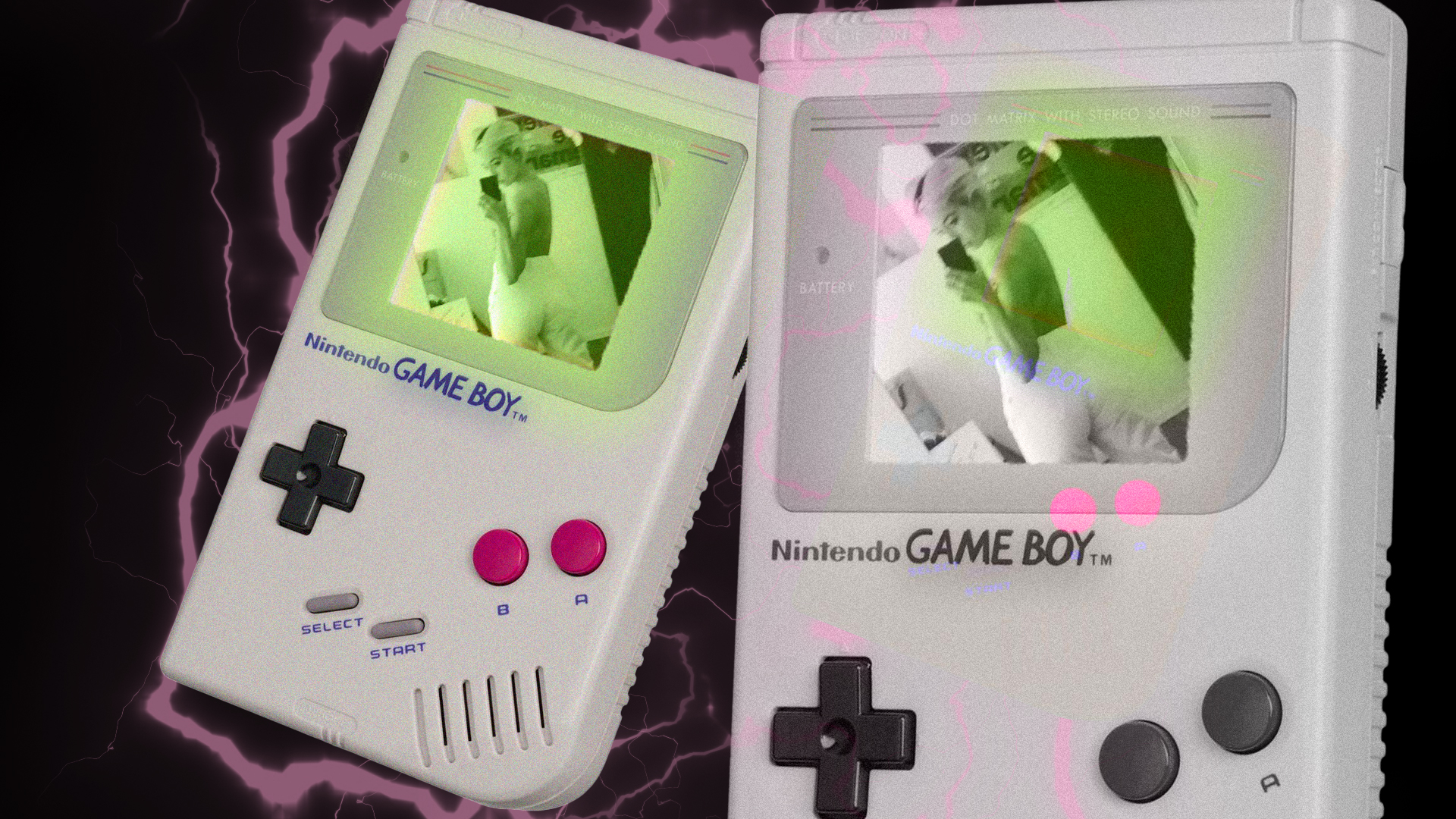Ever heard about the IKEA-Effect?
Love often leads to labor, but have you ever considered what happens when labor leads to love? How does our perception of our own creations and thoughts get influenced by this unique dynamic? Surprisingly, we often overvalue our DIY projects and ideas due to a cognitive bias that affects us more frequently than we realize. Furthermore, it seems paradoxical that we willingly pay extra money just to engage in more work. Let’s delve deeper into this phenomenon and explore its implications.
Upon first glance, this situation may appear perplexing. However, upon closer examination, we discover that we frequently succumb to a cognitive bias aptly named after one of the largest furniture stores globally—the IKEA effect. This psychological bias highlights how individuals tend to attach greater value to an object if they have personally crafted or assembled it. The more effort we invest in something, the more inclined we are to develop a fondness for it. Interestingly, this bias could also be called the Subway effect, as Subway sandwiches give us a sense of personal involvement in their creation, allowing us to customize them to our liking. Another example is the Hello Fresh effect, where we find satisfaction in preparing meals ourselves. Additionally, it raises questions about whether we genuinely love Fondue and Raclette or if we simply find them more delectable because of the continuous effort involved in cooking them.
Ironically, this effect affects even the most intelligent individuals. Take Sheldon Cooper from the popular TV show Big Bang Theory, for instance. He expends excessive energy believing his own ideas are superior due to the extensive effort he invests in them. This demonstrates how clever individuals are more susceptible to this bias.
The first notable occurrence of the IKEA effect can be traced back to the 1950s when instant cake mixes were introduced. However, contrary to expectations, these mixes failed to become bestsellers. Seeking answers, manufacturers consulted a psychologist who proposed an unusual solution: replacing the powdered eggs in the cake mix with a requirement to add fresh eggs. Surprisingly, this change resulted in a skyrocketing increase in sales. But why did this happen? It turns out that an all-instant cake mix made the process too effortless, which diminished the perceived value of the cake maker’s skill and labor. By involving consumers in the simple act of cracking and stirring fresh eggs into the batter, people suddenly felt like accomplished chefs.
This incident highlights one of the three main reasons why this cognitive bias occurs. Firstly, we possess a psychological need to feel competent. Even when presented with fool-proof instructions, such as those found in step-by-step DIY projects, we derive validation and a sense of competency from successfully completing the task.
Secondly, we seek justification for our efforts. When we invest significant time, sweat, and tears into a project, we naturally desire to believe that there was a worthwhile reason for our commitment. This is also a crucial factor in understanding why lottery winners are more likely to go bankrupt within a few years compared to individuals who have gradually accumulated wealth through years of hard work.
Lastly, we tend to favor things that are associated with ourselves. We possess confidence in our abilities and hold ourselves in high regard. Consequently, we incorporate the time and effort we invest into a project into its perceived value.
For those involved in creative work or the creative industry as a whole, the IKEA effect poses significant pitfalls and negative implications. It often leads to the “not invented here” syndrome, where people dismiss perfectly good ideas developed elsewhere in favor of their own, even if these ideas are inferior, simply because they were internally generated.
To mitigate the influence of this cognitive bias, it is essential to acknowledge its existence. Astonishingly, over 90 percent of people remain unaware of their unconscious biases, resulting in the rejection of valuable feedback due to the “not invented here” syndrome, which is the most severe consequence of the IKEA effect.
As individuals, we generally perceive ourselves as reasonable and rational beings. Consequently, we do not want to see ourselves as the type of people who willingly waste time and energy building our own coffee tables instead of acquiring pre-assembled ones. To resolve this cognitive dissonance called “effort justification,” we subconsciously adjust our mindset and convince ourselves that our self-made coffee table holds higher value than a pre-assembled one.
However, we always have the opportunity to counteract this effect by considering the cost of the product in relation to the value of our time. With each decision we make, we should evaluate whether we want to maximize convenience or minimize upfront costs. Additionally, when declining external feedback or input, we should question whether we seek validation for our own ideas or if we genuinely desire the best possible creative output for the benefit of all parties involved.
By understanding and acknowledging the IKEA effect and actively working to minimize its influence, we can unlock the potential for a wealth of extraordinary ideas that would otherwise go to waste. Let us strive for a balanced approach that maximizes convenience without compromising on the value of our time and creative endeavors.



























